As well-known writers were forced myself to work
Categories: Celebrities | Culture
By Pictolic https://pictolic.com/article/as-well-known-writers-were-forced-myself-to-work.htmlHow to create great books? As Nabokov wrote "lolita"? Going where Agatha Christie? What is the mode of the day was the Hemingway? These and other details of the creative process of famous authors — issue.
The writing of the book must first inspiration. However, every writer comes to their own Muse, and it comes not always and not everywhere. What tricks went famous authors to find the place and the moment when the plot and characters of the book was in their head the best way. Who would have thought that great works were created in such conditions!
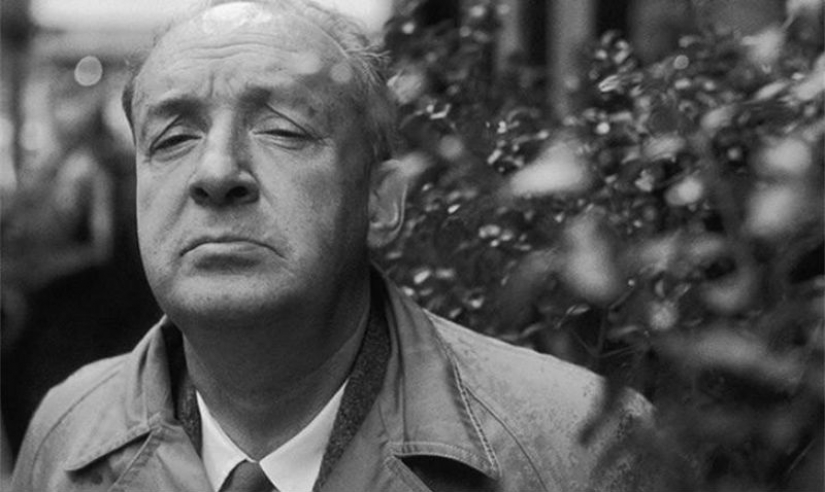

Agatha Christie (1890-1976), has published a dozen books, personal line of the "occupation" pointed out — "housewife". She worked in fits and starts, with no separate office or even a Desk. Wrote for the bedroom washstand table, or can Nestle at the dining table in between meals. "I felt a little awkward to "go write." But if you managed to get a room, close the door and make it so that no one interfered, and then I forgot about everything else."
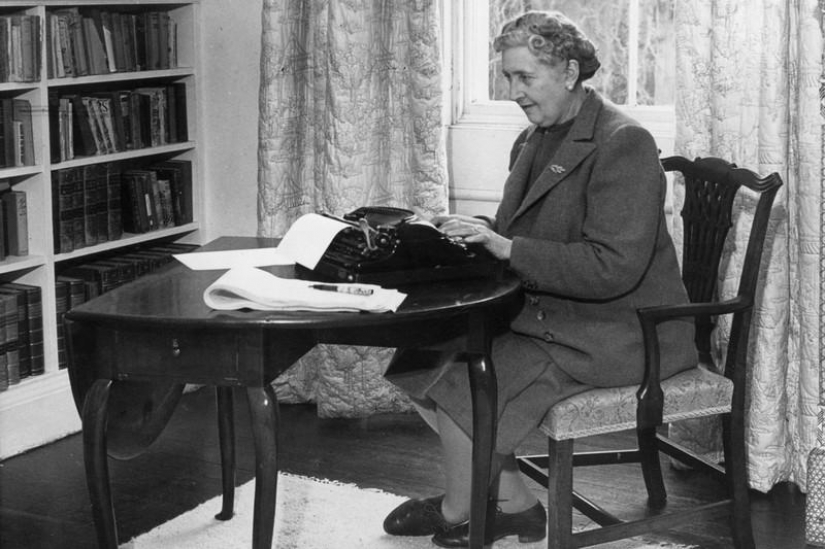
Francis Scott Fitzgerald (1896-1940) his first novel "the other side" I wrote in training camp on scraps of paper in spare time. Having forgotten about discipline and began to apply alcohol as a source of inspiration. Before lunch, slept, sometimes working the night carousing in the bars. When had fits of activity, could one approach is to write 8,000 words. It was enough for a great story, but it was not enough for the story. When Fitzgerald wrote "tender is the Night", he with great difficulty managed to withstand sober for three to four hours. "Subtle perception and judgment at the time of editing is incompatible with the booze," wrote Fitzgerald, the publisher admitting that alcohol interferes with creativity.
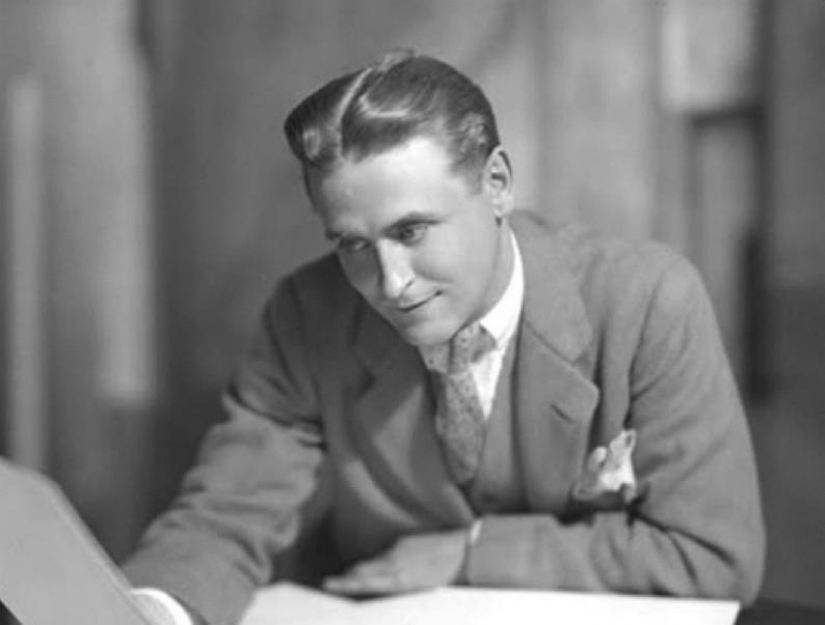
Gustave Flaubert (1821-1880) wrote "Madame Bovary" for five years. Work progressed too slowly and painfully: "Bovary" is not. For a week — two pages! There is always something to fill his face out of desperation". Flaubert was woken up at ten in the morning, before getting out of bed, read the newspaper, smoked a pipe and talked with the mother. Then bathed, lunched and dined at the same time and went for a walk. One hour he taught his niece the history and geography, then sat down in a chair and read until seven in the evening. After a hearty dinner, he a few hours talking with the mother, and finally as night began to compose. Years later he wrote: "In the end, the work is the best way to escape from life."
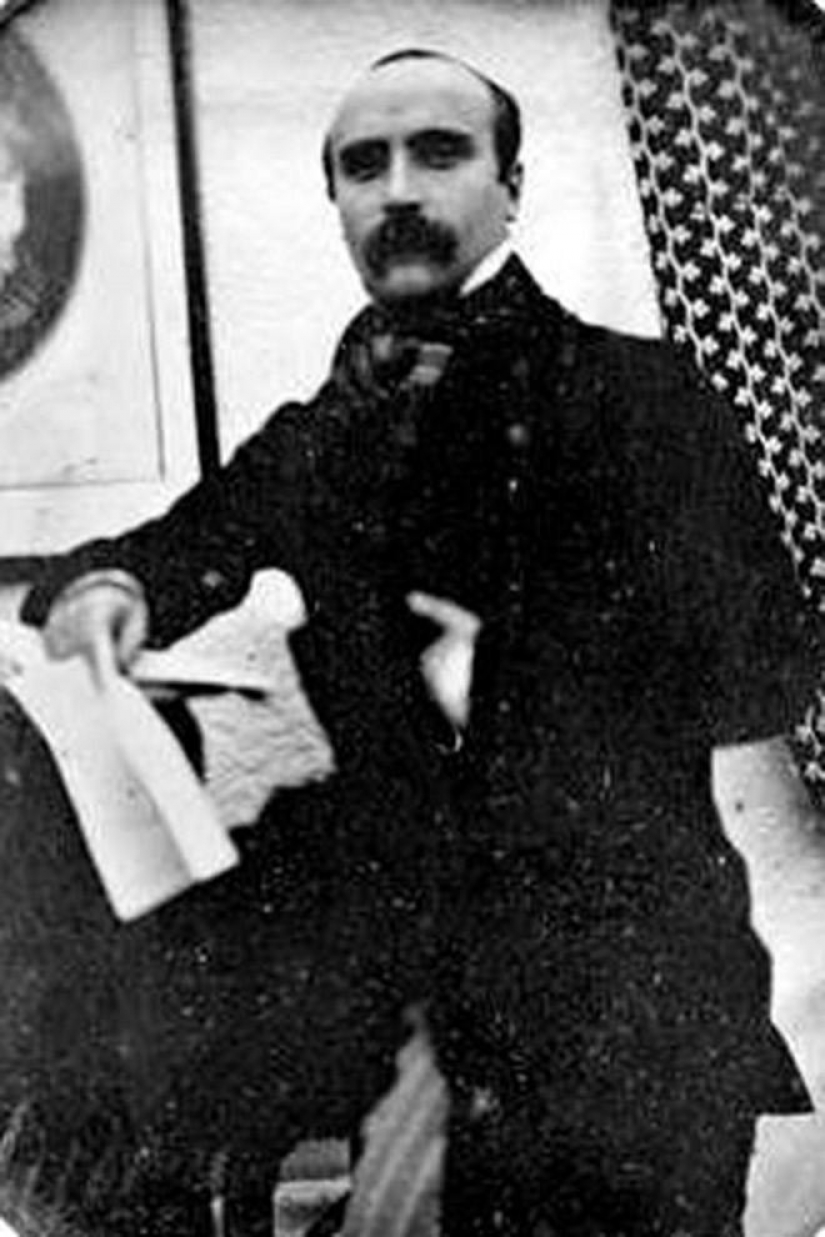
Ernest Hemingway (1899-1961) life were up at dawn. Even if late the day before he drank, he was raised not later than six in the morning, fresh and rested. Hemingway worked until midday, standing near the shelves. On the shelf stood a typewriter, the typewriter was a wooden Board lined with sheets for printing. Having filled pencil all the leaves, he rented a Board and reprinted written. Every day he counted the number of written words and build schedule. "When I'm done I feel empty, but not empty, and re-filling, as if making love with a loved one".
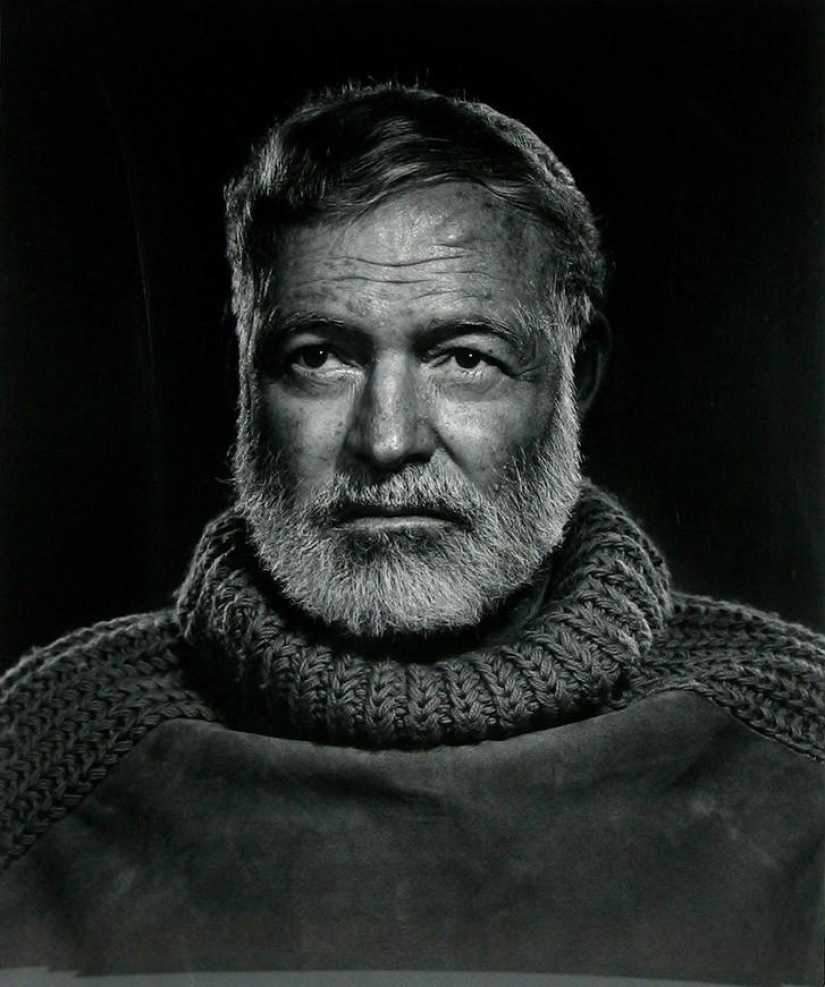
James Joyce (1882-1941) wrote about himself: "Man maladaptively, inclined to extravagance and alcoholism." No regime, no organization. Slept till ten, had Breakfast in bed with coffee and bagels, making the lessons in English and piano, constantly borrowed money and diverted lenders talk about politics. To write "Ulysses", it took him seven years intermittently for eight diseases and eighteen journeys to Switzerland, Italy, France. Over the years he has spent at work about 20 thousand hours.
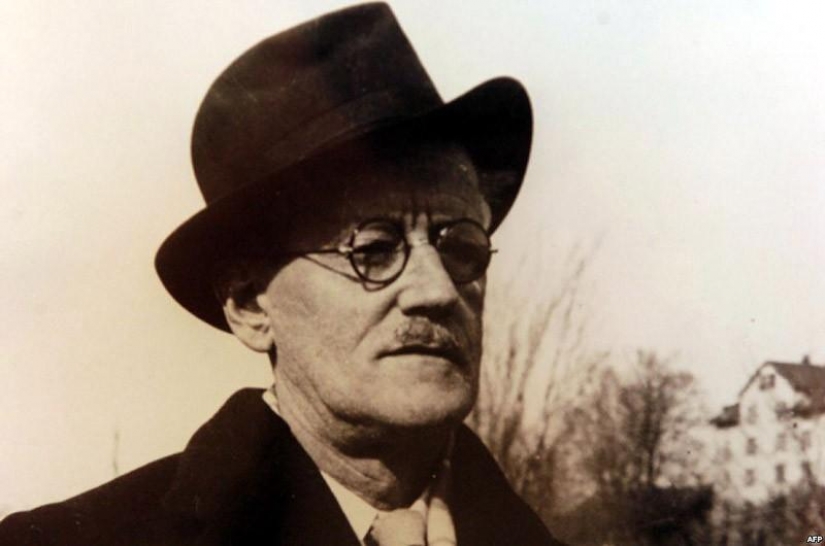
Haruki Murakami (b. 1949) gets up at four in the morning and write for six hours straight. After work runs, swims, reads, listens to music. At nine in the evening retreat. Murakami believes that the duplicate mode helps him sink into a trance, useful for creativity. Once he led a sedentary lifestyle, gaining weight and Smoking three packs of cigarettes a day. Then moved to the village, began to eat fish and vegetables, quit Smoking and more than 25 years of experience in running. The only drawback is the lack of communication. To observe the regime, Murakami has to reject all the invitations, and friends take offense. "Readers don't care what my mode of the day, if only the next book was better than the last".

Vladimir Nabokov (1899-1977) sketched novels on small cards, which were folded in a long box for directories. He recorded chunks of text on cards, and then folded from the fragments of pages and chapters. Thus the manuscript and Desk fit in the box. "Lolita" Nabokov wrote at night in the back seat of the car, considering that there is no noise and distractions. As an adult, Nabokov never worked after dinner, watched football matches, sometimes indulged in a glass of wine and hunted for butterflies, sometimes ran for a rare up to 25 kilometers.
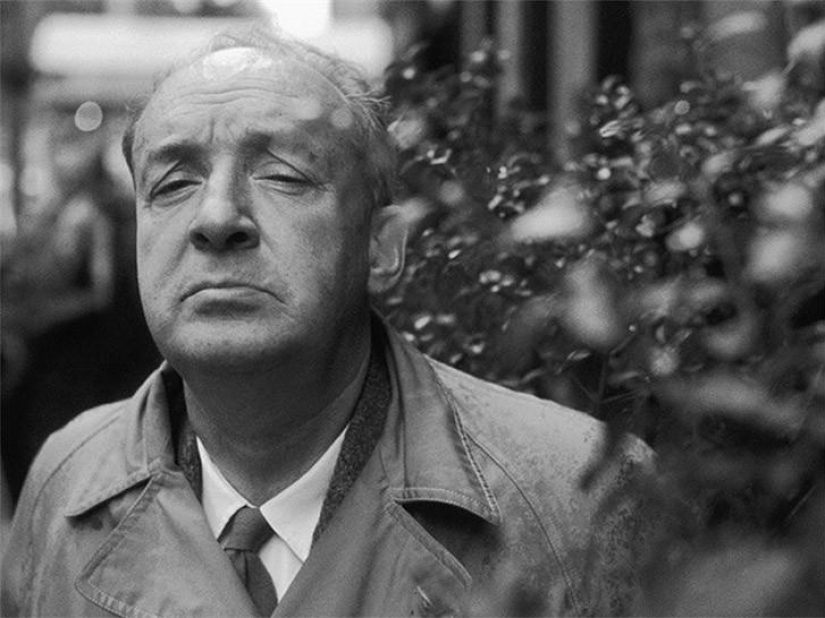
Jane Austen (1775-1817), the author of the novels "Pride and prejudice", "Sense and sensibility", "Emma", "persuasion". Jane Austen lived with her mother, sister, girlfriend and three servants. She never had the opportunity to retire. Jane had to work in the family parlor, where she at any time could stop. She wrote on small scraps of paper, and once was heard the creaking of the door warned her about the visitor she had time to hide notes and get my sewing basket. Later sister Jane Cassandra took care of housekeeping. Grateful Jane wrote: "I do Not know how to write, when the head revolve mutton chops, and rhubarb".
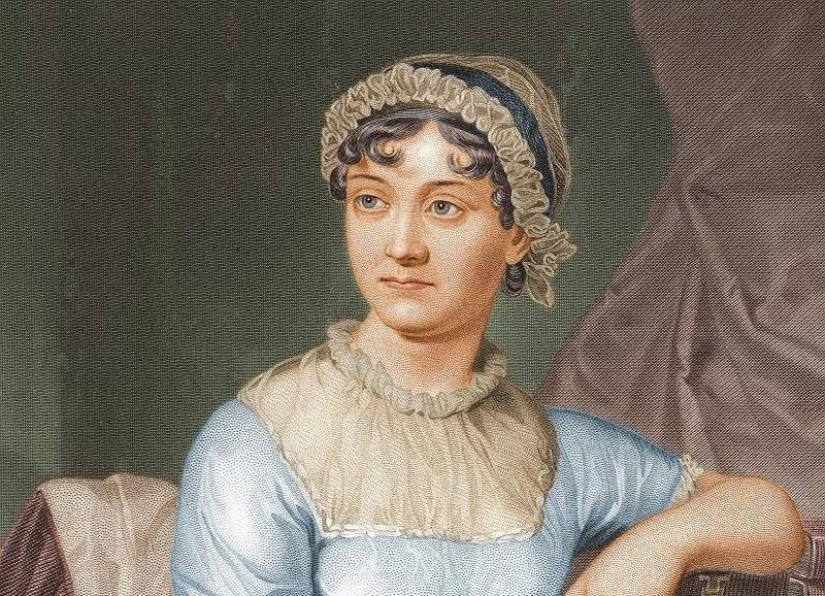
Marcel Proust (1871-1922) wrote the novel "In search of lost time" for almost 14 years. During this time he wrote half a million words. To fully focus on work, Proust disappeared from society and almost never left his famous upholstered oak bedroom. Proust worked at night, slept in the afternoon until three or four o'clock. Upon awakening ignited a powder containing opium, so he was treating asthma. Didn't eat, only had Breakfast coffee with milk and a croissant. Proust wrote in bed, rubbed the book on his knees and placing a pillow under the head. Not to sleep, took caffeine pills, and when the time came to sleep, stuck caffeine with veronal. Apparently, he tortured himself deliberately, believing that physical suffering allows you to reach heights in the art.
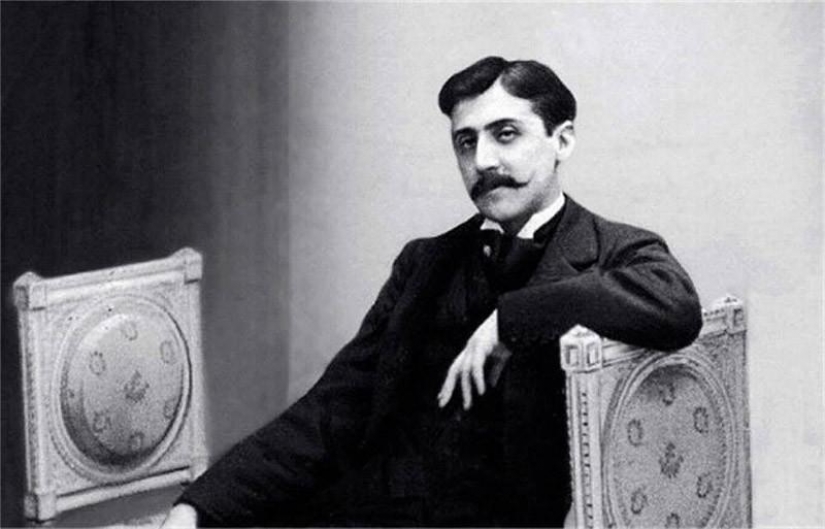
George sand (1804-1876) used to write 20 pages a night. Night-time work entered in her habit since childhood, when she cared for her sick grandmother and only at night could do what he likes. Later, she threw a sleeping lover in bed in the middle of the night and moved behind the Desk. The next morning she didn't always remember what I wrote in a sleepy state. Although George sand was an unusual man (dressed in men's clothes, ringleader novels and with women and with men), she denounced the abuse of coffee, alcohol, or opium. Not to sleep, eat chocolate, drink milk or smoked a cigarette. "When it's time to give my thoughts form, you need to fully own themselves, that scene on the stage, in the sanctuary of her office."
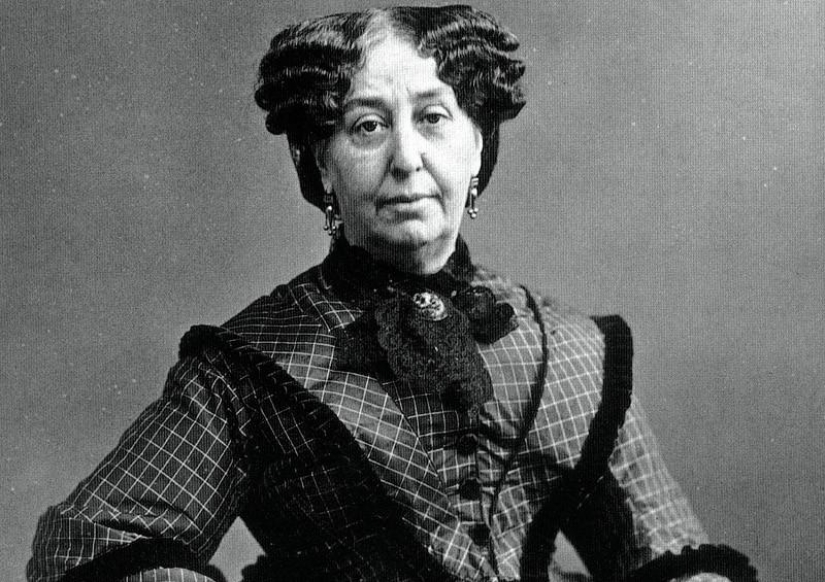
Mark TWAIN (1835-1910) wrote "the adventures of Tom Sawyer" on the farm, where he built a separate shelter office. Worked with the Windows open, clutching the sheets of paper bricks. Nobody was allowed to approach the Cabinet, and if TWAIN was very much needed, home blew the horn. In the evening, TWAIN read the family written. He constantly smoked cigars, and where TWAIN had been the custom, after it had aired. During the operation he suffered from insomnia, and, according to the recollections of friends, he began to treat her with champagne for the night. Champagne did not help — and TWAIN asked his friends to stock up on beer. Then TWAIN said that he only helps Scotch whiskey. After a series of experiments TWAIN just went to bed at ten o'clock and suddenly fell asleep. This is all very entertained him. However, it entertained any life events.
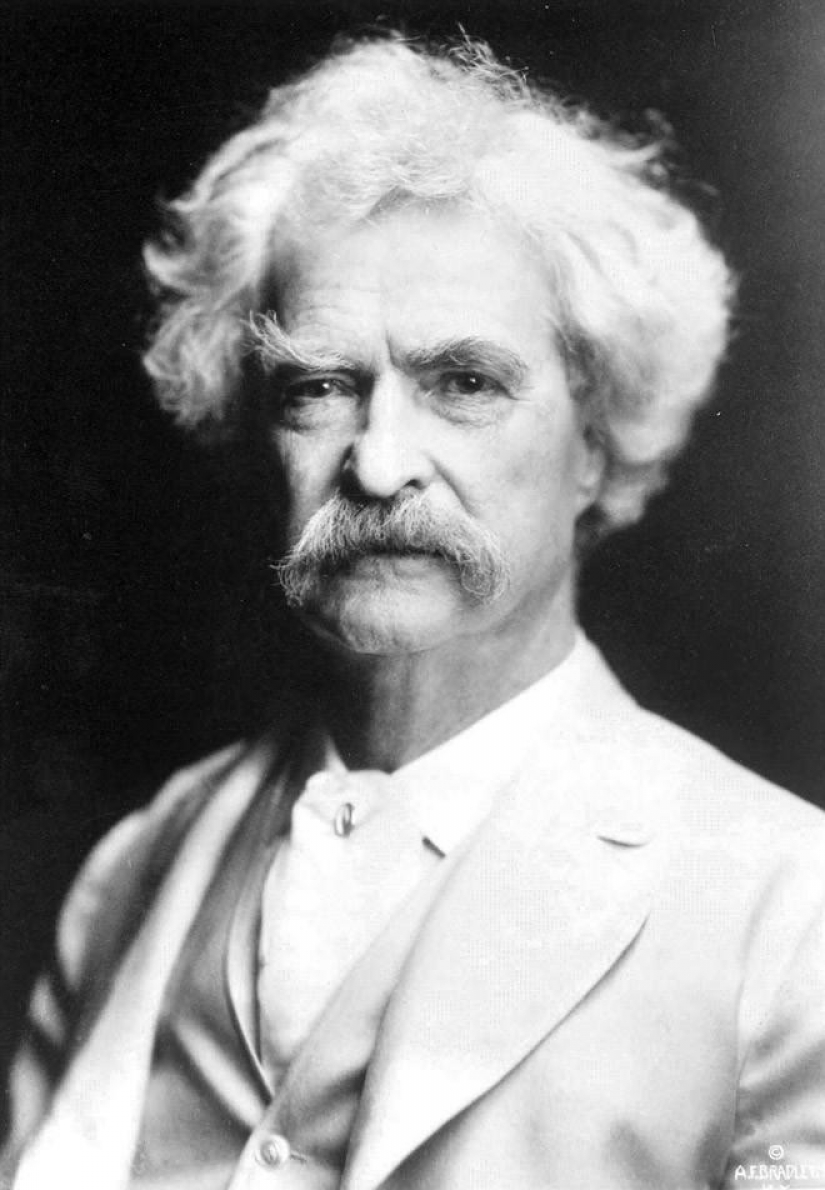
Jean-Paul Sartre (1905-1980) had worked three hours in the morning and three hours in the evening. The rest of the time was occupied by social life, dinners, drinks with friends and girlfriends, tobacco and drugs. This mode brought the philosopher to nervous exhaustion. Instead of resting, Sartre hooked on coridan, a mixture of amphetamine and aspirin, legal until 1971. Instead of a regular dosage of one pill twice a day, Sartre took twenty pieces. First drank strong coffee, and the rest slowly chewed while working. One tablet — one page "Critique of dialectical reason". According to the testimony of the biographer, in the daily menu of Sartre consisted of two packs of cigarettes, a few tubes of black tobacco, more than a liter of alcohol, including vodka and whiskey, 200 milligrams of amphetamine, barbiturates, tea, coffee and fatty foods.
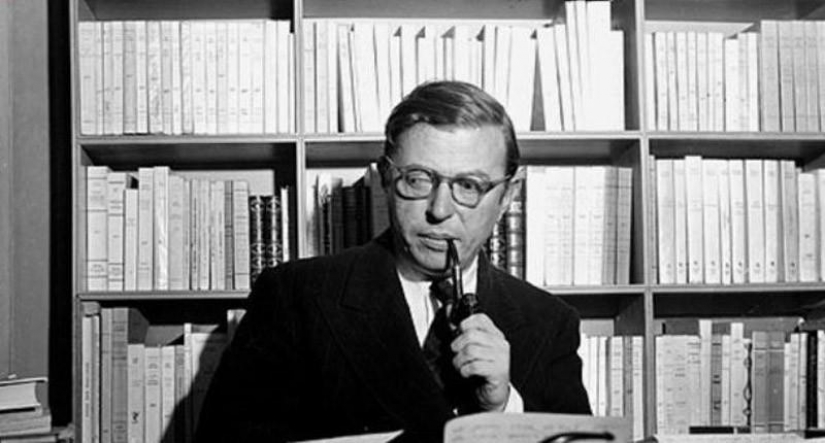
Georges Simenon (1903-1989) is considered the most prolific writer of the 20th century. On account of his 425 books: 200 pulp novels under pseudonyms and 220 under his own name. Moreover, the mode of Simenon is not respected, worked attacks for two to three weeks, from six to nine in the morning, giving time for 80 printed pages. Then walked, drank coffee, slept and watched TV. Writing a novel, he to wore the same clothes, supporting myself with tranquilizers, never written rules and weighed before and after work.
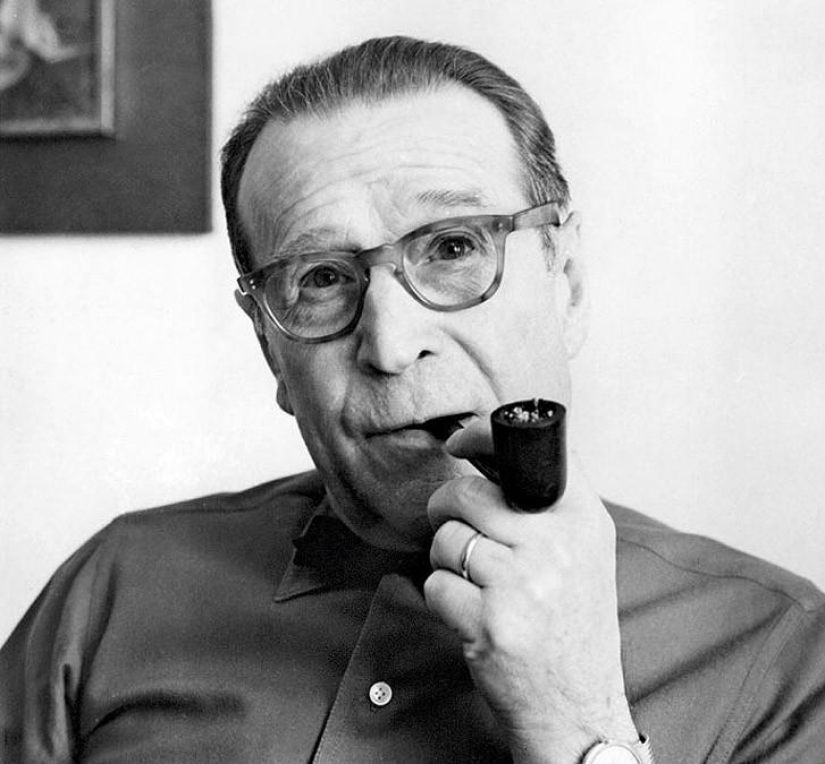
Leo Tolstoy (1828-1910) during operation was surly. Got up late, at nine o'clock, no one was talking, until you wash your face, will not change and will not comb his beard. Had Breakfast of coffee and a couple of soft boiled eggs and locked the door before lunch in the office. Sometimes there quiet as a mouse, sat his wife Sophia in case you have to rewrite by hand a couple of chapters of "War and peace" or listen to the next portion of the work. Before dinner, Tolstoy went for a walk. If returned in a good mood, could share experiences or work with children. If not, read books, played solitaire and talked with the guests.
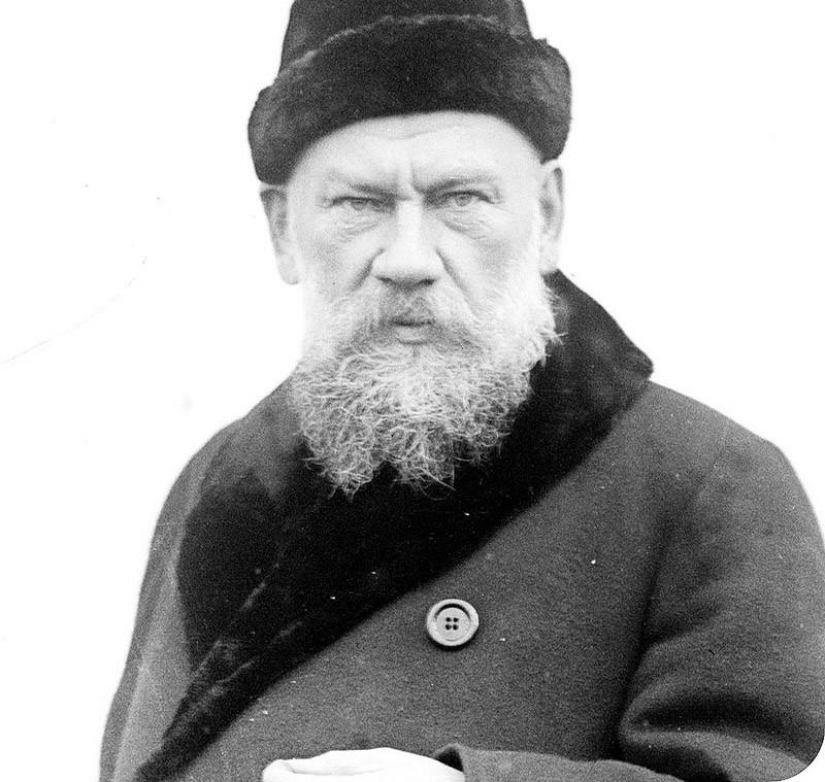
Somerset Maugham (1874-1965) for 92 years he has published 78 books. Maugham biographer called him a job writing is not a vocation, but rather dependence. Maugham himself compared the habit of writing with the habit of drinking. Both easy to acquire and both are hard to break. The first two sentences Maugham thought of lying in the bath. After that, wrote the daily rate of fifteen thousand words. "When you write, when you create a character, it all the time with you, you busy them, he lives." Continuing to write, Maugham felt infinitely lonely.
Keywords: Book | Literature | Writer | Work
Post News ArticleRecent articles

It's high time to admit that this whole hipster idea has gone too far. The concept has become so popular that even restaurants have ...

There is a perception that people only use 10% of their brain potential. But the heroes of our review, apparently, found a way to ...
Related articles

In this post we will talk about those times, when the concept of "care for children" had a completely different meaning than now. ...

The formation of Russian names occurred centuries under the influence of many factors and cultures. Despite this, our imenoslov ...

American writer Margaret Mitchell wrote only one novel — "gone with the wind". But it provided the woman's place in the ...

New Year's is a time to surprise and delight loved ones not only with gifts but also with a unique presentation of the holiday ...